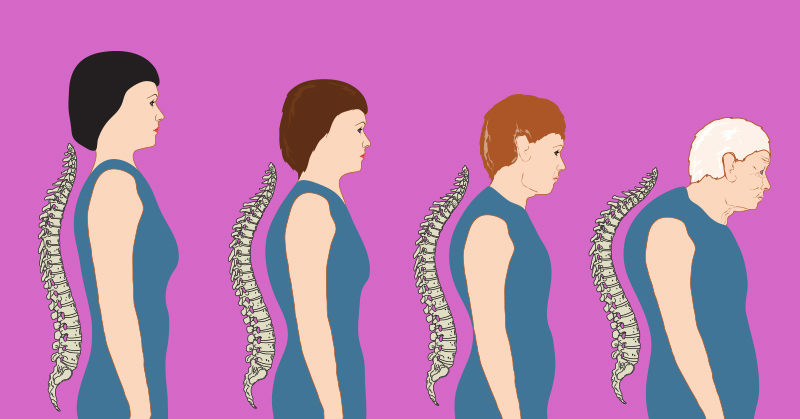Weak bones are a major health concern. According to the International Osteoporosis Foundation, more than 10 million adults in the United States have osteoporosis. Eighty percent of those people are women [1]. Luckily, there are many steps you can take to ensure your bones stay strong and healthy. Just a few simple lifestyle changes are all it takes to reduce your risk of having weak bones and osteoporosis.
Who is At Risk for Osteoporosis?
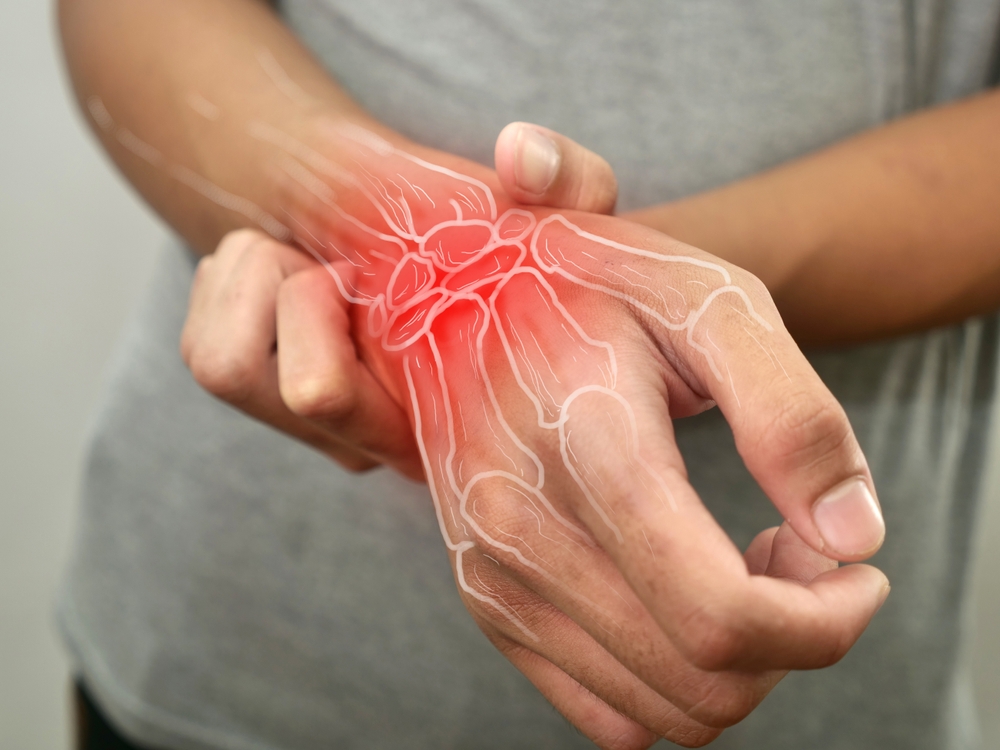
Some people are more at risk for weak bones and osteoporosis than others. Unfortunately, many of the factors that create that risk are out of their control. If you fall into any of these categories, it is even more important to manage your lifestyle factors to ensure your bones stay strong.
Factors that put you at higher risk include:
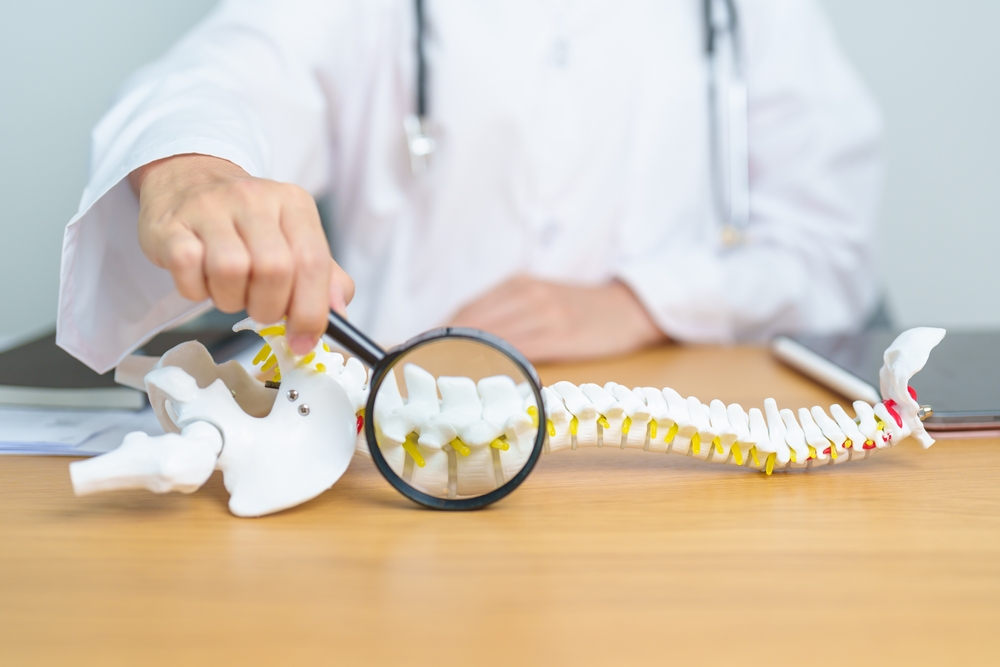
- Gender. Women over the age of fifty have a four times higher rate of osteoporosis than men of the same age [2].
- Age. Women tend to reach their peak bone mass by their late twenties. That mass stays more or less constant until they reach menopause. During the first few years after menopause, however, women go through a period of rapid bone loss. This rate slows considerably, but bone loss does continue during the ensuing years [3].
- Family history. If one or both of your parents have had osteoporosis, you are at a higher risk of having weak bones or osteoporosis yourself. If this is the case, you should talk to your doctor about early screening [4].
- Race. Health experts still don’t know why, but African American women tend to reach higher peak bone density than white women. This means that white women are more likely to develop osteoporosis later in life [3].
Read More: The Weird and Concerning Reason Human Bones Are Getting More Brittle
How to Prevent Weak Bones
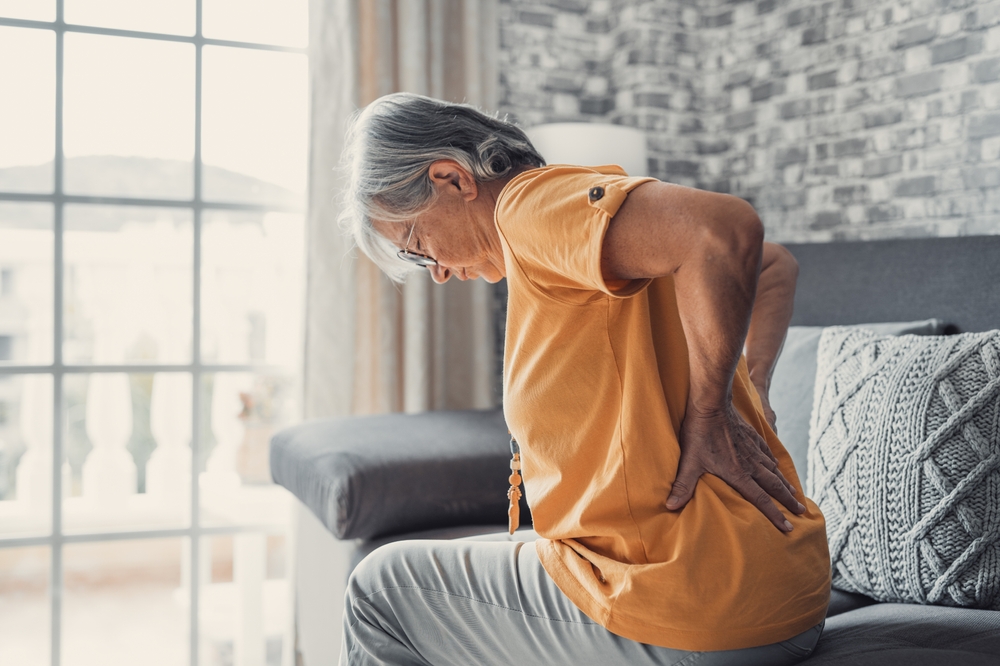
Whether you have any of the above risk factors or not, you should still be doing everything you can to keep your bones healthy. The following ten behaviors will not guarantee that you won’t experience weak bones, but they will significantly lower your risk for osteoporosis.
1. Get Enough Calcium
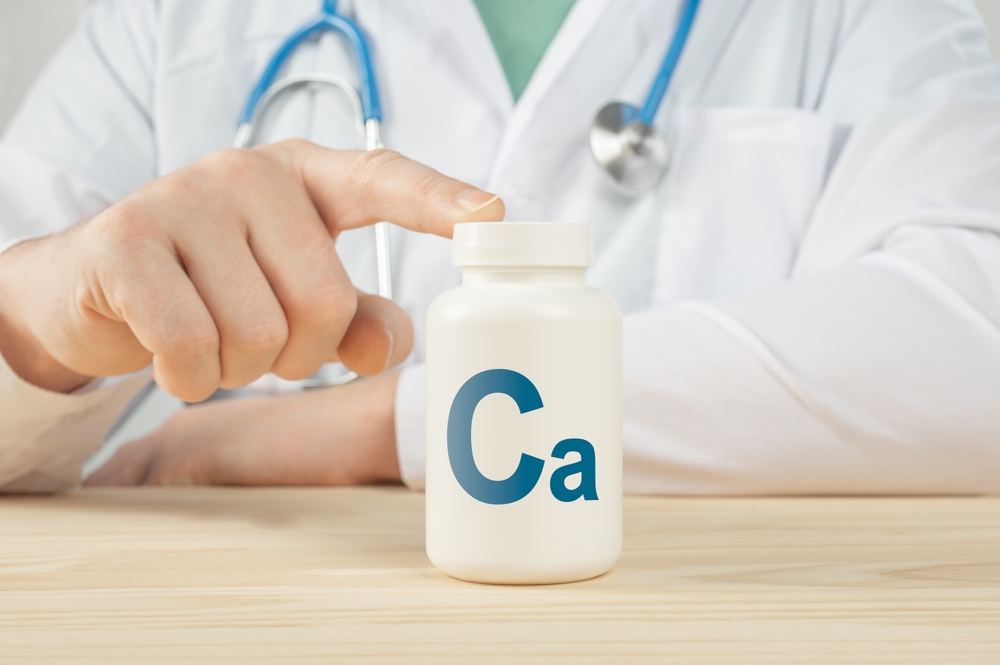
About 99 percent of the calcium in your body is found in your bones and teeth. Your body, however, cannot produce its own calcium. For this reason, it is really important to get adequate calcium in your diet in order to prevent bone loss.
The National Osteoporosis Foundation makes the following calcium consumption recommendations:
Women
Age fifty and younger: 1000mg per day
Age 51 and older: 1200mg per day
Men
Age seventy and younger: 1000mg per day
Age 71 and older: 1200mg day [5]
Sources of calcium include milk, yogurt, cheese, sesame, and tahini. Some green vegetables like broccoli, kale, and watercress also contain reasonable amounts of calcium. Some juices, breakfast foods, soymilk, cereals, snacks, bread, and bottled water have added calcium [5]. Many plant-based milks are fortified with calcium to be comparable with cows’ milk.
2. Get Enough Vitamin D
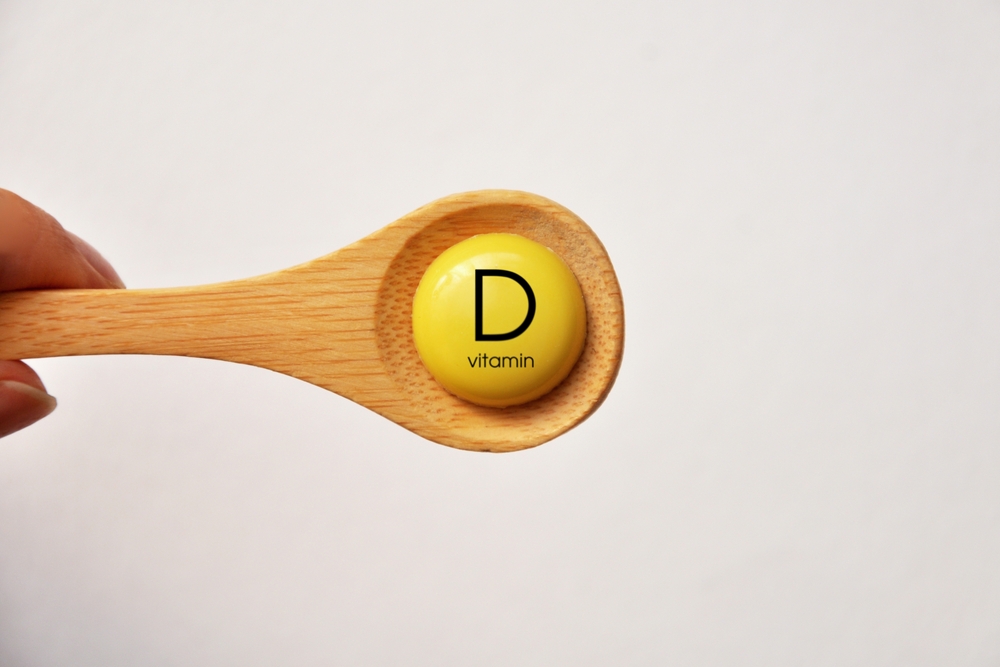
Vitamin D is a fat-soluble vitamin that is naturally present in a few foods. Your body also produces it itself when sunlight hits the skin and triggers vitamin D synthesis. It promotes calcium absorption in the gut and helps to maintain adequate serum calcium concentrations, which enables normal bone mineralization.
The recommended intake of vitamin D is:
- Ages one to seventy: 600 IU per day
- Age 71 and older: 800 IU per day [6]
If you are deficient, the above amounts may not be adequate enough to replenish. Talk to your doctor about getting your vitamin D levels checked if you suspect a deficiency.
3. Maintain a Normal Body Weight
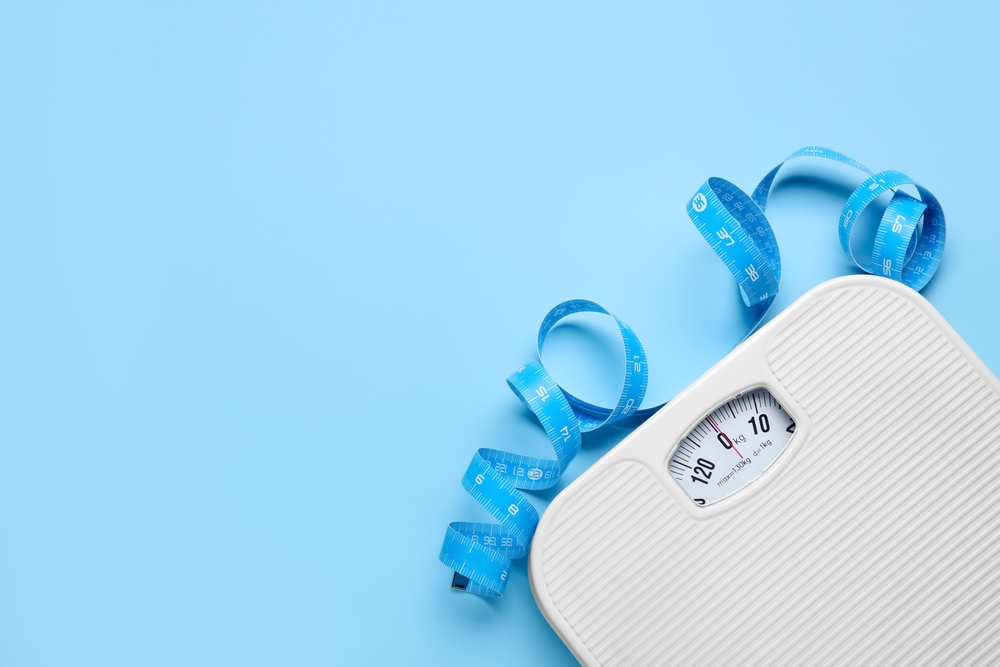
Both a low body mass index and a high body mass index can put you at risk for weak bones. Losing a lot of weight can cause low bone mass and increased bone loss [7]. Obesity, however, contributes to breaks and bone fractures[8]. The best thing you can do here is maintain your regular weight. If you want to lose weight, do so by adopting a healthy lifestyle as opposed to going on a crash diet.
4. Exercise

Physical activity helps your bones stay strong. This is especially important as you get older and you begin to lose muscle mass. The best exercises to prevent weak bones include:
- Weight training
- Brisk walking
- Jogging
- Dancing [9]
5. Quit Smoking
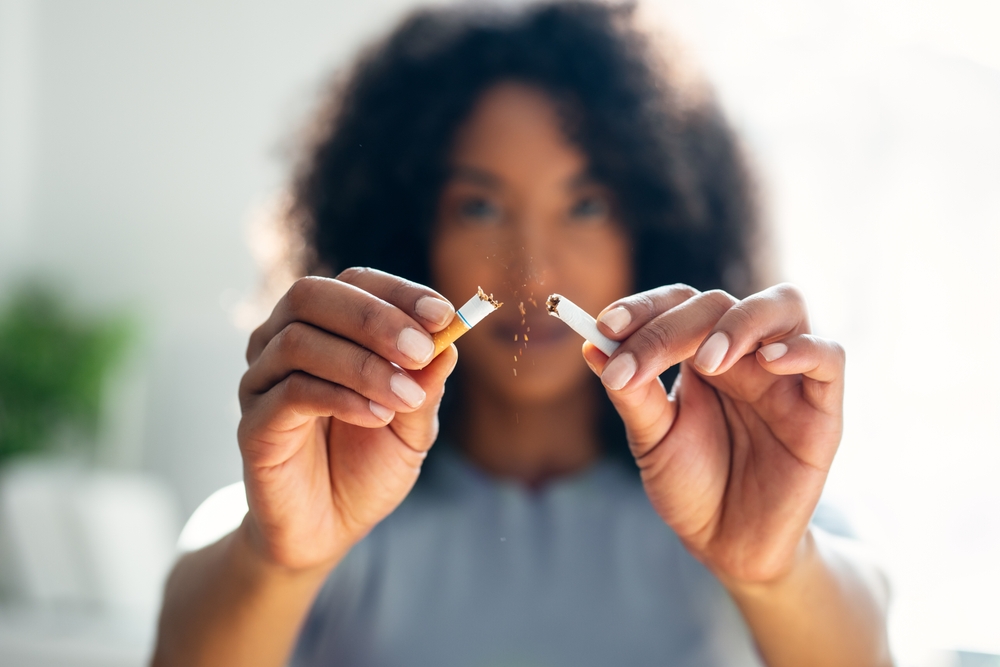
Nicotine has a direct impact on your bone density. Smoking cigarettes also delays skeletal healing by as much as sixty percent after you have a fracture or a break [10].
6. Reduce Your Caffeine Intake

There are some studies that suggest that consuming caffeine in large amounts has a negative effect on calcium absorption. This can reduce your bone mass and increase your instances of fractures [11]. Up to four cups of brewed coffee per day is safe for your bones. Beyond that, you may be weakening your bones.
Read More: Woman With Bone Disorder Shares Selfie Everyday For a Year
7. Get Enough Omega-3s
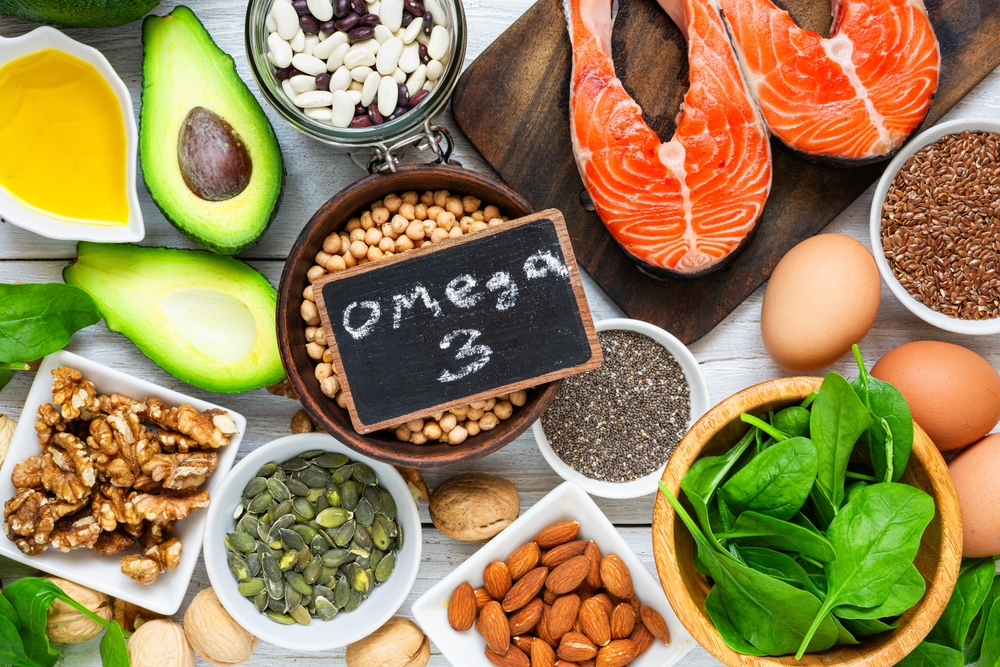
If you exercise regularly and consume omega-3 fatty acids, you can have a significant impact on your bone mineral density. They help your body produce more osteoblasts, which help form your bones [12].
The recommendations for Omega-3s are:
Men: 1.6 grams per day
Women: 1.1 grams per day [13]
8. Take a Collagen Supplement

Collagen makes up 90 percent of your bones. As you age, however, you begin to lose a lot of the collagen in your body. For this reason, it is important to get collagen from your diet. Food sources of collagen include fish, bone broth, and bell peppers. That being said, it can be very difficult to get the amount of collagen you need from food. Particularly for older adults, taking a collagen supplement may be necessary. If you are considering taking a supplement, talk to your doctor first [14].
9. Eat Enough Protein
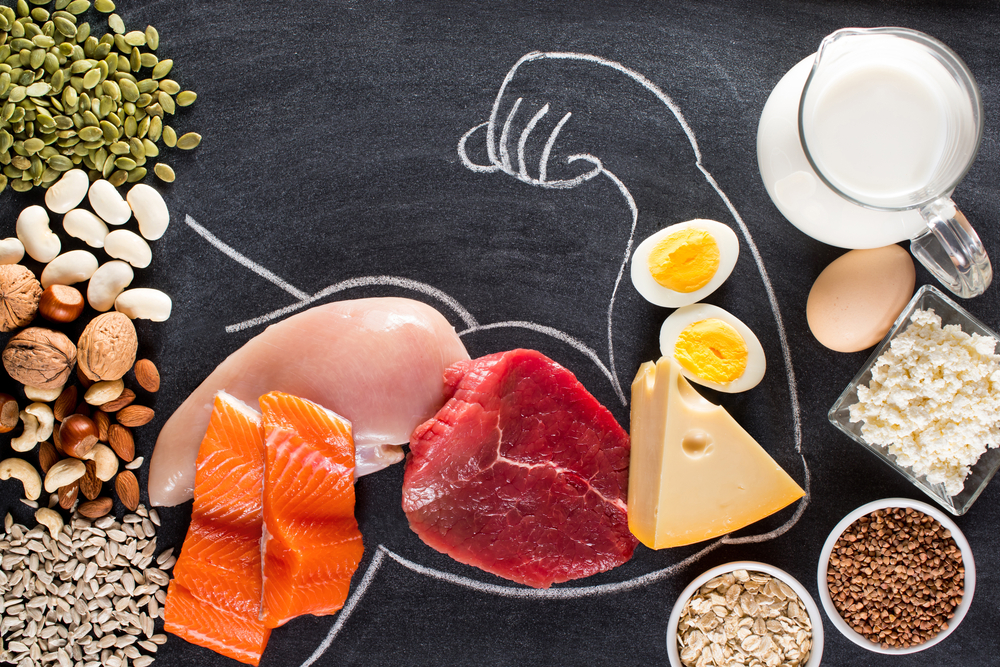
Protein intake directly affects your bone density. Protein works together with calcium to maintain the health of your bones by producing adequate collagen [15]. Experts recommend that most people consume 0.8 grams of protein per kilogram of their body weight. Sources of protein include seafood, white meat poultry, milk, cheese, eggs, beans, nuts and seeds, tofu, etc [16].
10. Don’t Eat Too Much Salt
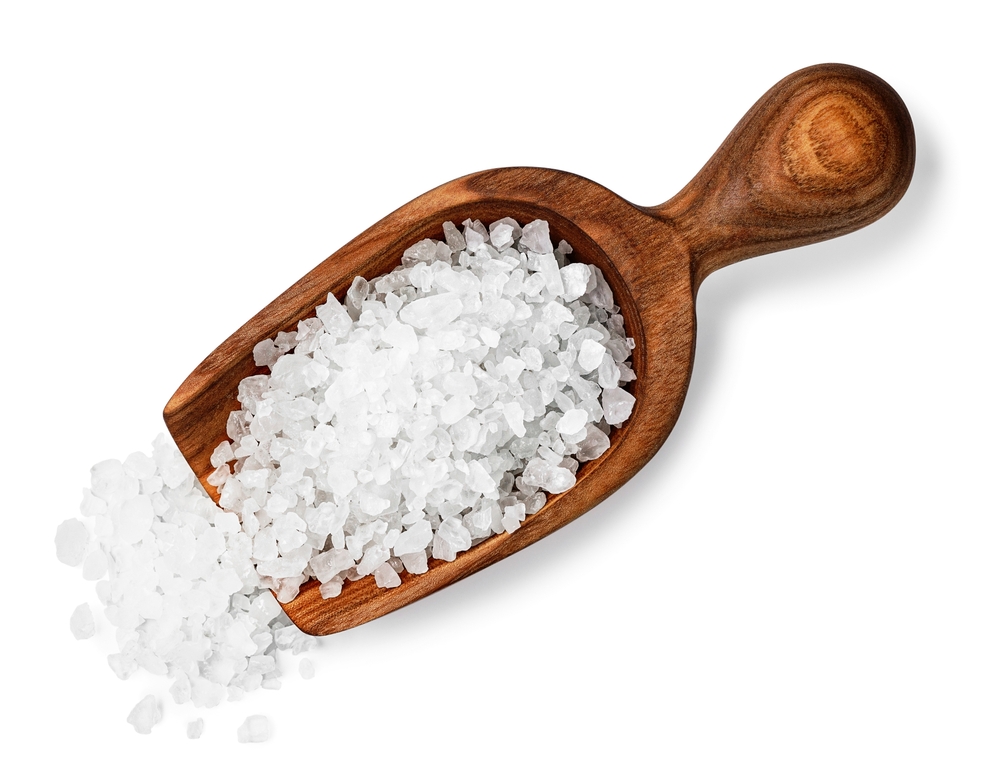
Consuming too much salt can cause your bones to lose calcium. This eventually causes weak bones and osteoporosis [17]. Ideally, you should not consume more than 1500mg of sodium every day, and the American Heart Association recommends an absolute maximum of 2300mg per day. To keep your intake low, avoid adding too much salt to your food, and limit how much processed and pre-packaged foods you eat.
A Healthy Lifestyle to Prevent Weak Bones

Essentially, living a healthy lifestyle will keep both your body and your bones strong. Eating a balanced diet, getting enough exercise, and limiting or eliminating detrimental behaviors like smoking will prevent weak bones. Having strong bones as you age is important because it will allow you to continue to do the activities that you enjoy for the entirety of your life.
Read More: Woman’s hips are crushed in a crash after she propped her feet up on the dashboard
